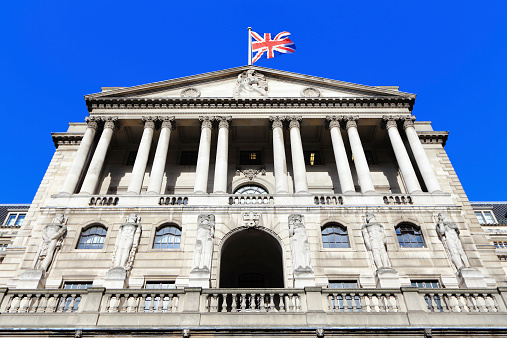Digital Zeitgeist – According To The Head Of The Bank Of England Inflation In The UK May Decline Rapidly Due To Falling Energy Costs
The governor of the Bank of England has stated that there may be a “rapid” fall in inflation in Britain as a result of a drop in global energy prices over the past few weeks. However, he has also warned that a shortage of workers may still pose major risks amidst the crisis in the cost of living.
Andrew Bailey told MP’s on the Commons Treasury committee that the UK’s rate of inflation could fall back substantially this year after hitting the highest levels since the early 1980s during the autumn after Russia’s invasion in Ukraine led to an increase in wholesale energy costs.
“The biggest single reason inflation has risen to that level is the war in Ukraine. It is also the most likely reason that we’re going to see a rapid fall in inflation in the year ahead, because we are not seeing energy prices rising further. In fact, they’re coming down,” he said.
In November, the headline rate of annual inflation, as measured by the consumer prices index, fell back to 10.7% after reaching a 41-year high of 11.1% in the previous month. It is anticipated that the official data for December, which will be released on Wednesday, will show a further moderate decline to 10.6%. That would put it much over the 2% target that the Bank of England has set.
In response to questions posed by members of parliament regarding the reliability of the UK’s monetary system, Bailey stated that a risk premium on UK assets that had been observed in the aftermath of Liz Truss’s disastrous mini-budget in September had “pretty much gone,” although he did caution that confidence in the UK remained fragile.
“It’s going to take some time to convince people that we’re back to normal,” he said.
The governor of the Bank of England revealed that the institution realised a profit of around £3.8 billion from the sale of government bonds that were acquired during an emergency intervention in financial markets that was intended to calm the upheaval caused by the mini-budget. He further mentioned that the funds will be given to the Treasury.
His remarks come at a time when the Bank of England is debating whether or not to raise interest rates for the tenth time in a row at the beginning of the following month. Investors in the City are anticipating a further increase from the current base rate of 3.5 percent, as the Bank looks to weigh the risk of a recession against the need to combat inflation.
Additionally, Rishi Sunak has promised to cut the annual inflation rate in half this year. The Office for Budget Responsibility (OBR), which serves as a watchdog for the Treasury Department, released projections in November that indicate inflation is on course to fall below 4% by the end of the year.
In recent weeks, wholesale prices for gas have decreased as a result of mild weather and high levels of gas storage this winter. These factors have helped to calm some fears regarding future shortages of Russian gas, which has the potential to push down consumer rates. Despite this, the cost of energy is still significantly greater than it was in prior years.
Bailey cautioned that an exodus in the British labour market after the Covid epidemic might represent the greatest threat to inflation lasting consistently higher for a longer period of time than was originally anticipated.
“The major risk to inflation coming down … is the supply side, and in this country particularly the question of the shrinkage of the labour force,” he said.
online sources: theguardian.com, the bankofengland.co.uk, obr.uk

